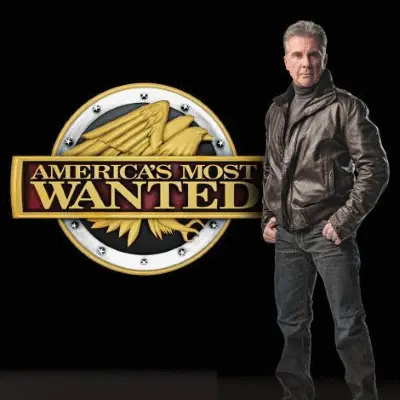John Walsh's America’s Most Wanted helped form Americans’ sensationalized, paranoid and individualized understanding of crime
-

Walsh and his Fox show, which was recently rebooted with new host Elizabeth Vargas, helped create a paranoid populace that believes crime is everywhere and can only be solved through relentless policing, says Paul M. Renfro. "Today, 40 years after the murder of (Walsh's son) Adam Walsh and with a reboot of America’s Most Wanted now airing on Fox, Americans find themselves in the throes of another crime panic," says Renfro. "While murders in some major U.S. cities have increased since the pandemic began, New York City is on track to end the year with one of its lowest murder totals on record, and overall crime rates across the country have declined. Crime statistics are also notoriously unreliable and contested, given certain inconsistencies in reporting across agencies and populations. Because many U.S. police agencies have yet to report their data to the FBI this year, 'it’s not immediately clear how much, if at all, homicides increased in smaller cities or small towns across the country, or how 2021’s national homicide total compares to 2020,' CNN noted last month. Despite these issues with reporting, and despite the fact that today’s murder and violent crime rates remain well below rates seen in the 1980s and 1990s, many communities are suffering acutely amid the economic and social dislocations of the ongoing pandemic. The violence of Covid-19 is multifarious: The virus ravages the body, while the economic and political uncertainty left in its wake has led to the violence of eviction, houselessness, anti-Asian harassment and abuse, hyperpolicing, and mass shootings. The communities most deeply affected by this syndemic deserve safety and accountability, as do all communities. Still, these circumstances do not signal the emergence of a crime wave. And yet the panic is undeniable...We are still living in the world that John Walsh helped build. He and America’s Most Wanted helped form Americans’ sensationalized, paranoid, and individualized understanding of crime. Neglecting state and private interventions that might address the structural causes of all harm while delivering meaningful justice for all victims and survivors, Americans generally focus on the exceptional victim and the exceptional offense. This prevailing model misrepresents the nature and frequency of harm while offering little in the way of prevention, instead turning back to policing and punishment as the only solution. To break the cycles of sensationalism, violence, and 'law and order' policymaking, we must look elsewhere."
TOPICS: America's Most Wanted, John Walsh
More America's Most Wanted on Primetimer:- America's Most Wanted reboot already has its first capture after one week
- Nancy Grace signs new Fox Nation deal, will host the streamer's America’s Most Wanted Overtime
- Fox is reviving America's Most Wanted with new host Elizabeth Vargas
- Fox may revive America's Most Wanted with an emphasis on global crime
